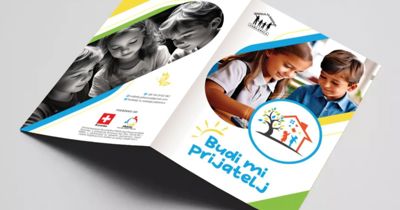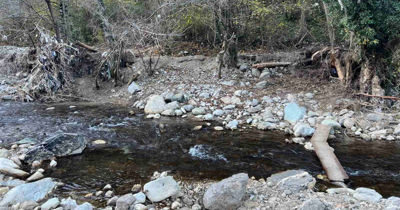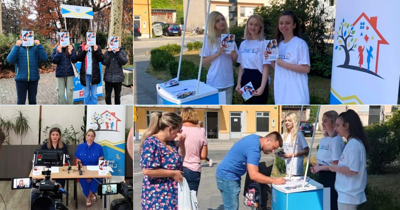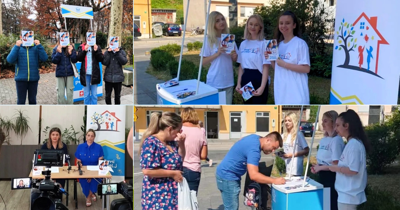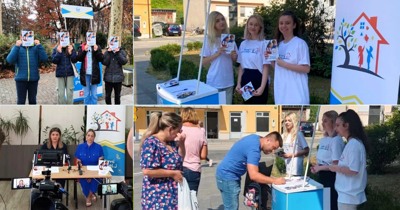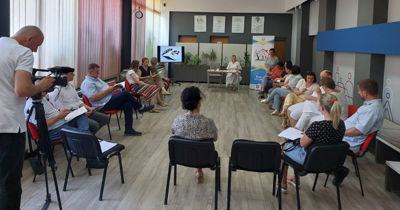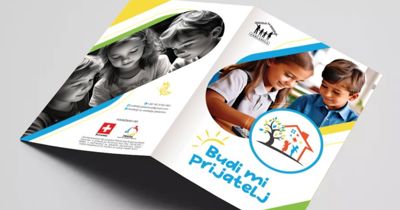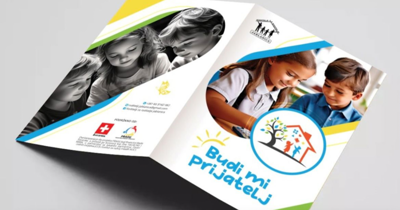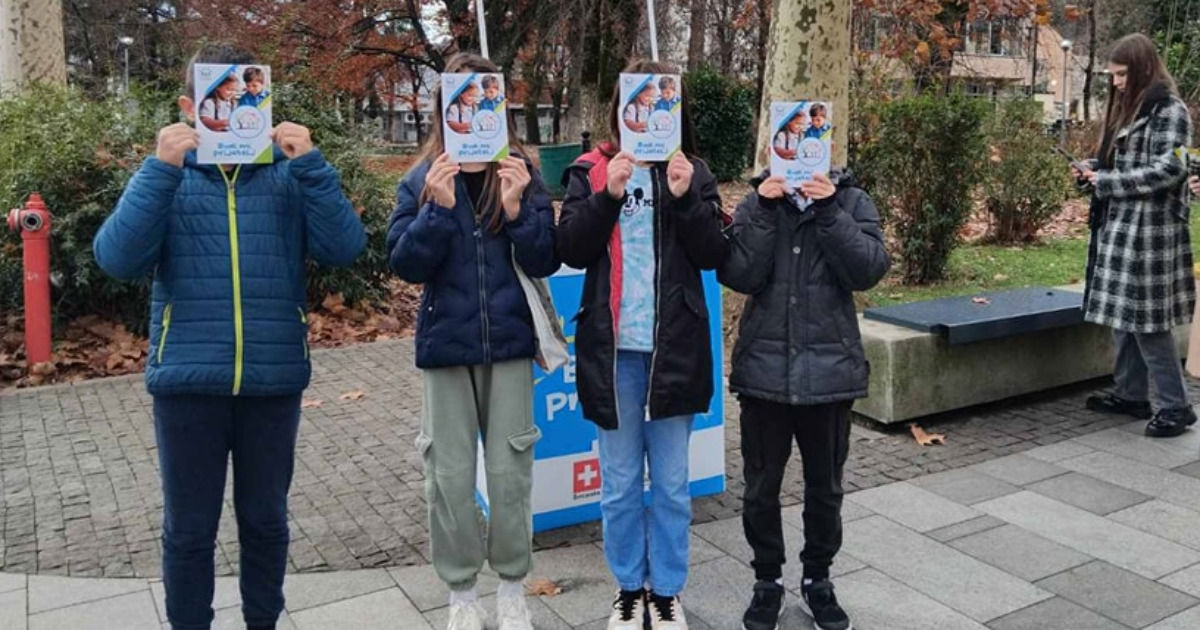
With small but steady steps, the "Budi mi prijatelj" Association has successfully reached its goal – the opening of the Inclusive Center in Jablanica.
There have been many challenges that the members of the "Budi mi prijatelj" Association, led by Edina Husrep, have successfully overcome. The determination and persistence of the parents of children with developmental disabilities is evident, as they managed to motivate the Jablanica Municipal Council to take the necessary steps to allocate space for the Inclusive Center. Specifically, at the last session of the Jablanica Municipal Council, held at the end of last week, a Decision on amendments to the Decision on the sale and lease of business premises was adopted. According to legal regulations, this Decision had to be approved first in order to proceed, meaning that it was a prerequisite for the adoption of the Decision on the allocation of premises for use. According to announcements, this Decision should be adopted at the next Jablanica Municipal Council session, which is scheduled for the end of this month. Since the councilors have taken all the necessary steps so far, it is to be expected and hoped that the procedure will be completed, and that in the shortest possible time, the "Budi mi prijatelj" Association will move into the premises, which will become a place for socializing and the progress of children with developmental disabilities.
At the end of last year, the Jablanica Municipal Council allocated 20,000 BAM from the Budget for the establishment and operation of the Inclusive Center. The good news is that, so far, individuals, companies, and organizations have voluntarily come forward to offer their assistance in the form of financial support, work on the Center, and donations. All of this encourages the members of the Association, who will finally have a place in their local community where their children with developmental disabilities can spend quality time, supported by professional, trained staff.
It is important to equip the space with appropriate equipment and apparatus that will be beneficial for working with children with disabilities and will serve as a stimulus for developing motor skills, speech, and strengthening social abilities. However, in order to work effectively with the children, it is necessary to employ specialists such as a defectologist, psychologist, speech therapist, and occupational therapist. Depending on the children's conditions and needs, work will be done individually and/or in groups. However, the intention is not to stop there. The long-term plan is to expand the facilities by equipping the Center with a sensory and a relaxation room. These are still ideas for now, but, based on the experience and determination of the parents and members of the Association, it is to be believed that these plans will be turned into reality.
Although the focus is often placed on children with disabilities, which is extremely important, there is another significant aspect to the existence of the Inclusive Center. The Center will also serve as a gathering place for parents who best understand one another and, as such, can offer comfort, share experiences, exchange knowledge, and valuable information. In addition, while their children with disabilities are at the Inclusive Center, parents will have the opportunity to focus on themselves and their mental health—something crucial in order to be able to provide the best possible care and attention to all family members.
The understanding demonstrated by the members of the Jablanica Municipal Council, who in a relatively short period of time took the necessary actions to bring the Inclusive Center to life, serves as an example of good practice and collaboration between civil society organizations and governing structures. It would be commendable if other local communities followed this model of cooperation seen in Jablanica and applied the same or similar approach in their own areas—because the need is urgent, given that in Bosnia and Herzegovina, 6.5% of children aged two to nine live with some form of disability.
